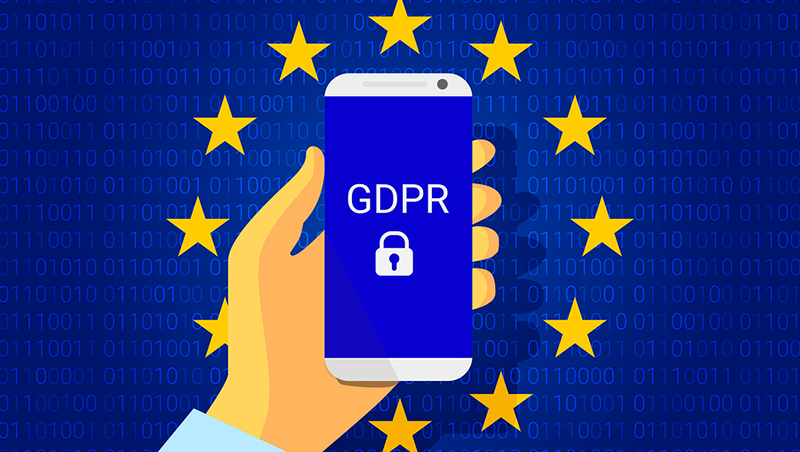Facebook will allow adverts to target users based on beliefs
The company will also give users opt-ins to use facial recognition to prevent impersonation

Facebook will allow users to be targeted with adverts specific to their political and religious beliefs in a trial rolled out for a small number of users in Britain as part of its preparation for the General Data Protection Regulation (GDPR), which comes into effect later this year.
The trial is designed to improve how Facebook processes and manages its customer data in order to be compliant with GDPR, which requires greater consent from data subjects, and ensure sensitive data is protected. As part of the trial, Facebook will ask users for permission to allow advertisers to target British users on the basis of their political and religious leanings, as well as their listed interests.
The tech company will also ask users whether they are happy for their public information identifying their faith and politics to remain visible for everyone. If the user agrees, Facebook will then provide an opt-in for allowing the information to be used to personalise content and act as one of the signals for relevant suggesting ads. This will include targeted advertising on lines of politics, sexuality and faith.
The social media giant said this option won't enable extremists to use targeted advertising for recruitment propaganda, though, claiming it would eliminate malicious advertising. As part of the trial, Facebook has also included an opt-in for facial recognition, which will be part of a measure to stop online impersonations by informing users whenever their faces have been used elsewhere on the site.
A spokesperson told IT Pro it wouldn't allow advertisers to target the information directly, however, but that it would be "one of a range of signals" quite how this works in practice or what these signals are wasn't elaborated on, however.
GDPR, which aims to scrutinise how companies collect and maintain customer data, arrives in May this year and has forced many companies, including Facebook, to begin processing data more carefully. Companies found to be in breach of the rules could face a fine of up to 20 million or 4% of their global annual turnover, whichever is greater.
Main image credit: Bigstock
Get the ITPro daily newsletter
Sign up today and you will receive a free copy of our Future Focus 2025 report - the leading guidance on AI, cybersecurity and other IT challenges as per 700+ senior executives
-
 Should AI PCs be part of your next hardware refresh?
Should AI PCs be part of your next hardware refresh?AI PCs are fast becoming a business staple and a surefire way to future-proof your business
By Bobby Hellard
-
 Westcon-Comstor and Vectra AI launch brace of new channel initiatives
Westcon-Comstor and Vectra AI launch brace of new channel initiativesNews Westcon-Comstor and Vectra AI have announced the launch of two new channel growth initiatives focused on the managed security service provider (MSSP) space and AWS Marketplace.
By Daniel Todd
-
 What is your digital footprint?
What is your digital footprint?In-depth Your digital footprint is always growing – so we explore how you can keep it under control
By Maggie Holland
-
 Nine top GDPR tips for email marketing strategies
Nine top GDPR tips for email marketing strategiesIn-depth It's not all doom and gloom – here's how you can make GDPR work for you
By Zach Cooper
-
 Why GDPR creates a "vicious circle" for marketers
Why GDPR creates a "vicious circle" for marketersNews Customers will control the forthcoming trust economy, predicts Aprimo
By Rene Millman
-
 Tim Berners-Lee: How we can win back the web
Tim Berners-Lee: How we can win back the webNews The public must reject misinformation and keep control of their own data
By Clare Hopping
-
 Social network users play fast and loose with data privacy
Social network users play fast and loose with data privacyNews Over-sharing puts users at risk of identity theft and fraud
By Jane McCallion
-
 UK government Facebook data requests grow 71%
UK government Facebook data requests grow 71%News Only US and India ask for more user details from the social network
By Adam Shepherd
-
 Virginia shooting - don't open that link!
Virginia shooting - don't open that link!Opinion Scammers and cyber criminals love to capitalise on tragedy, and we can't help but click
By Jane McCallion
-
 Under-18s will be able to delete embarassing social posts
Under-18s will be able to delete embarassing social postsNews A campaign by iRights could see a law introduced allowing the removal of inappropriate photos and status updates
By Clare Hopping